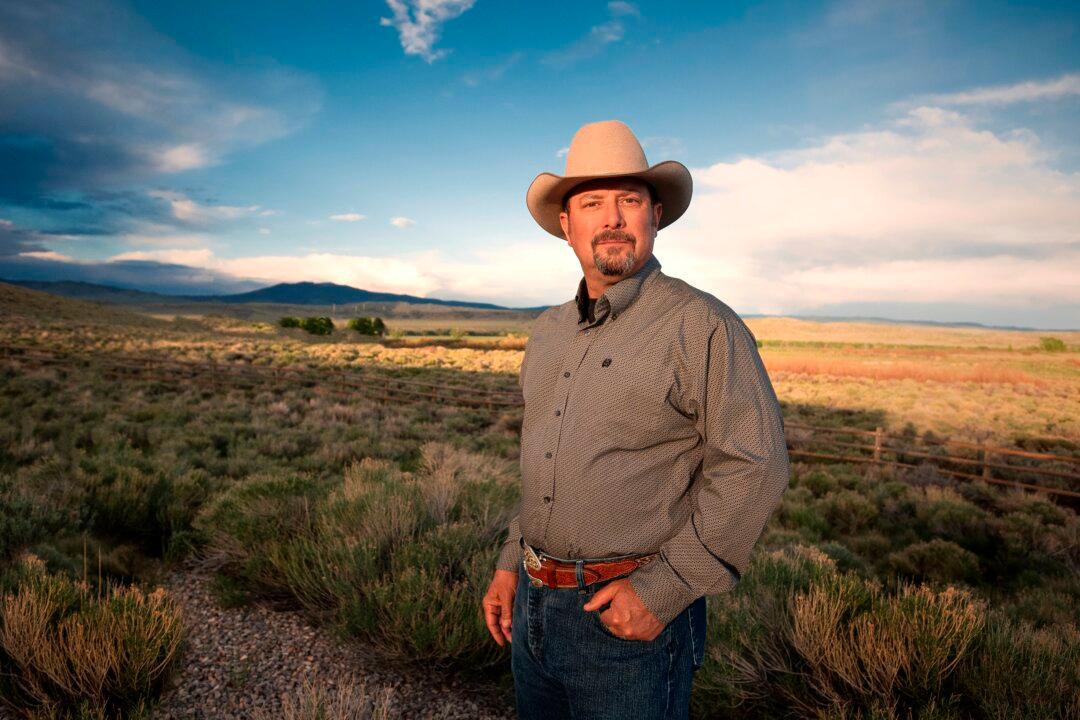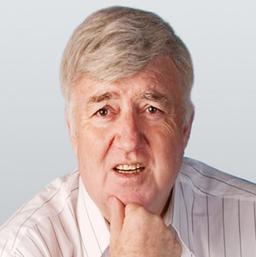Why should you read a novel about a nice guy, good family man, Wyoming game warden who keeps getting involved in contentious issues that lead to major crimes he ends up solving when others botch it?
Because it’s by C.J. Box. An incredibly talented storyteller, one of America’s best writers in any genre, Box is always a great read, offering terrific entertainment that’s also interesting and informative.






